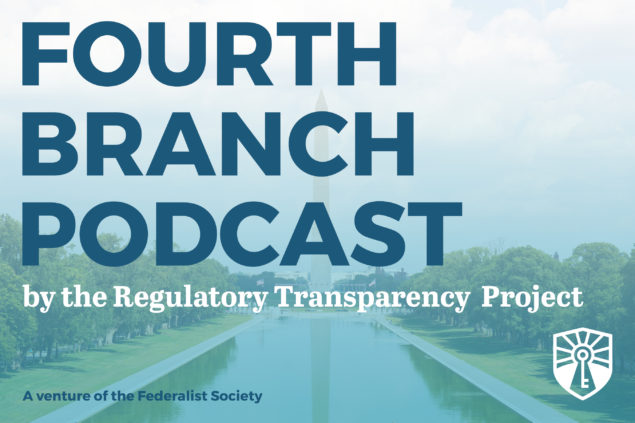Babette Boliek
Professor of Law
Pepperdine University

Babette Boliek
Professor of Law
Pepperdine University
Professor Babette Boliek is a Professor of Law at Pepperdine University. She recently served as Chief Economist of the Federal Communications Commission in Washington, D.C.
Professor Boliek earned her BA with distinction from California State University, Chico, her JD from Columbia University School of Law and her PhD in Economics from the University of California, Davis. While at Columbia, she was both a Harlan Fiske Stone Scholar and a John M. Olin Fellow for Law and Economics. Her doctoral, and much of her subsequent research, focuses on the theoretical and quantitative analysis of legal issues of the U.S. communications industry. Professor Boliek’s scholarly research also focuses on issues in administrative, antitrust, and communications and sports law. Professor Boliek clerked for the Honorable Michael B. Mukasey of the U.S. District Court for the Southern District of New York and is admitted to practice in the State of New York.
Prior to joining the Pepperdine Law faculty in 2009, Professor Boliek served as a Senior Fellow at the Information Economy Project at George Mason University School of Law, where she integrated her background in law and applied economics to analyze media, Internet, and telecommunications issues. Professor Boliek’s work at George Mason followed and echoed her experience as a Fellow for the Center for Communication Law and Policy, a joint research venture of the University of Southern California Gould School of Law and the Annenberg School of Communication. In addition to her scholarly research at Pepperdine, Professor Boliek is a Visiting Scholar for the American Enterprise Institute and blogs regularly for AEI.org on a variety of technology and telecommunications related issues.

A person listed as a contributor has spoken or otherwise participated in Regulatory Transparency Project events, publications, or multimedia presentations. A person's appearance on the website does not imply an endorsement or relationship between the person and the Regulatory Transparency Project. The Regulatory Transparency Project takes no position on particular legal or public policy issues. All expressions of opinion by a contributor are those of the contributor.
Contributions
The Evolution of Antitrust Laws Relating to College Athletics
Law professor Babette Boliek explains how two recent cases mark an evolution in antitrust laws towards covering the growing commercial enterprise of the student-athlete market.
Watch this videoDeep Dive Episode 42 – Populist Antitrust
In this panel, the speakers debate varying standards for antitrust rule-making and enforcement. The merits of the Neo-Brandeisian “populist” approach are weighed against more recent “consumer-welfare” standards.
Listen to this podcastPepperdine Law Review’s 2019 Symposium: Populist Antitrust
Today’s regulatory landscape presents challenges for public and private entities. Private actors are often faced with conflicting, ambiguous, or altogether absent regulatory frameworks. Is it possible for them to overcome these challenges while delivering the creativity and innovation the marketplace demands? How can government regulators and legislators avoid stifling opportunity, function more efficiently, and enact and enforce sensible and effective regulatory schemes?
Pepperdine Law Review’s 2019 Symposium, in partnership with the Regulatory Transparency Project, explored these vital questions from both the academic and practical perspectives. The second panel of the symposium focused on the current debate over the future of antitrust enforcement.
Watch this video


